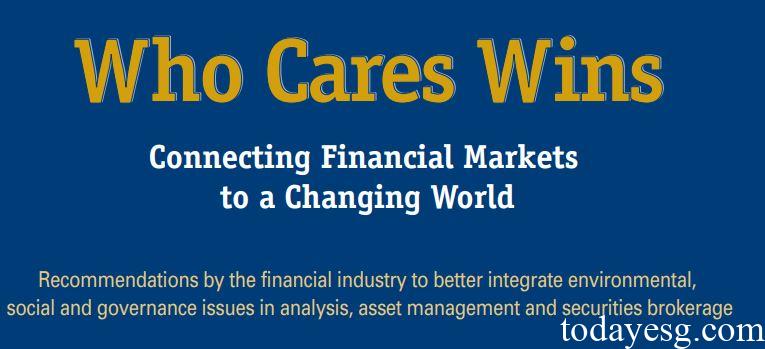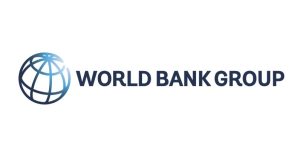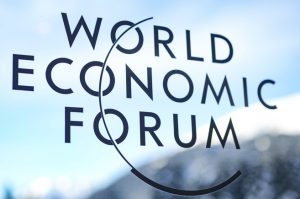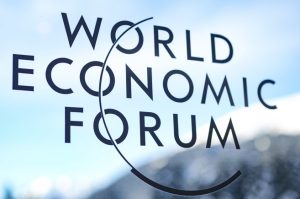ESG First Appeared as a Whole
ESG first appeared in 2004, the United Nations Global Compact released the report “Who Cares Wins”, which together with twenty financial institutions gave suggestions to the financial industry, hoping to better apply environment, society and governance to the fields of analysis, asset management and securities brokage. This is also the first time that appears ESG as a whole. It can also be considered that the earliest ESG proposal was initiated by the financial industry and then began to be popularized in other fields.
The twenty financial institutions believe that under the situation of global competition, listed companies that incorporate ESG factors into their management processes are more likely to succeed and add more value to shareholders. Therefore, stakeholders in the financial industry (regulators, exchanges, asset managers, analysts, accountants, listed companies, etc.) need to:
- Regulators: Establish minimum disclosure requirements for ESG in the legal field to support analysis;
- Exchange: Strengthen ESG education for listed companies and assist in strengthening the disclosure of relevant information;
- Asset managers: Incorporate ESG into investment decisions and improve ESG investment incentive mechanism;
- Analyst: Bring ESG into investment research, and assist asset managers to invest in ESG;
- Accountant: Establish standard ESG disclosure standards and evaluation system;
- Listed companies: Board of Directors and the management incorporate ESG into the long-term development plan of the company, and continue to provide information related to ESG in a standardized manner;

ESG Objectives of the Financial Industry
The financial industry believes that the overall goal of integrating ESG into industry development is:
- Establish a resilient financial market;
- Contribute to sustainable development;
- Strengthen the understanding of stakeholders;
- Improve trust in financial institutions;
In terms of the use of ESG, the report believes that “ESG” can avoid misunderstanding (the use of “sustainable” may produce different translations worldwide), and it can also make people understand that environment, society and governance are not independent of each other, but have internal links. In the long run, ESG will create a more stable investment market and a more sustainable society by increasing the value of intangible assets, which will benefit all stakeholders.
At the same time, some common problems are puzzling the financial industry, such as:
- Definition of ESG;
- The application of ESG in business;
- Quantity and quality of ESG information;
- ESG specific technology;
- Time horizon of ESG development;
Preliminary Explanation of ESG
In terms of the definition of ESG, the report makes the following explanations:
- Environment: climate change and related risks, waste reduction, environment-friendly products;
- Society: working environment, communication;
- Governance: corporate structure, information disclosure, remuneration system;
From the above definition, the impact of ESG on stakeholders is often difficult to quantify in the short term, and it is more inclined to the appreciation of long-term intangible assets (such as corporate reputation).
ESG Development and Problems in 2004
What was the development of ESG when it was proposed? The survey disclosed in the report shows that 81% of the global top 500 enterprises have given priority to environmental, social and other related factors for development. And 40% of asset management institutions and analysts have begun to measure the impact of ESG on intangible assets of enterprises. In addition, from January 2001 to June 2003, 15% of the rise of US stocks came from ESG factors.
At the same time, the report also pointed out the core problem of ESG development – insufficient transparency of information disclosure (greenwashing is part of the problem). 55% of analysts are not satisfied with the ESG information given by the listed company. The problems are:
- Inadequate communication between the company and the financial market;
- No complete and standard process for information disclosure;
- No disclosure of the importance of ESG information to the company’s business;
Appendix: Global ESG Development Timeline
Reference:





